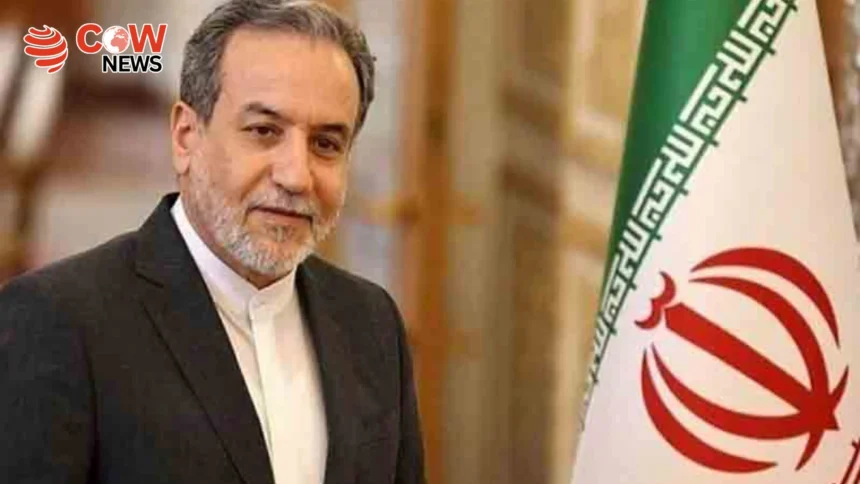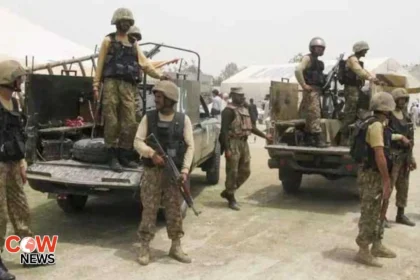Tehran,( The COW News Digital) Iranian Foreign Minister Abbas Araghchi has stated that the upcoming visit of the International Atomic Energy Agency (IAEA) officials to Tehran will be strictly limited to discussions, with no inspections or on-site examinations permitted.
In remarks addressing the current status of Iran’s cooperation with the IAEA, Araghchi emphasized that the previously agreed terms of engagement are no longer applicable. He expressed serious concerns over the agency’s failure to condemn Israeli attacks, which Tehran views as a significant lapse in impartiality.
The Iranian foreign minister also highlighted ongoing diplomatic communications, including a recent conversation between the Iranian President and Malaysian Prime Minister, where both leaders expressed deep concern over the situation in Gaza.
Araghchi clarified that while Iran remains open to cooperation with the IAEA, this is contingent upon the agency demonstrating neutrality and making tangible progress towards a mutually acceptable agreement. However, he firmly stated that Iran has neither allowed nor will permit any “suspicious” inspections now or in the future.
“We believe in transparent negotiations but will never compromise on our national sovereignty and security,” said Abbas Araghchi. This statement reflects Tehran’s cautious stance amid mounting tensions surrounding its nuclear program and regional security issues.
The announcement comes at a time of heightened scrutiny over Iran’s nuclear activities, with the IAEA tasked with monitoring compliance to prevent nuclear proliferation. Iran’s reluctance to allow inspections has been a contentious issue in international diplomacy, affecting relations with global powers.
While Iran expresses willingness for dialogue, its insistence on excluding inspections signals ongoing mistrust between Tehran and the international community. The IAEA visit, scheduled for the near future, is thus expected to focus on diplomatic discussions rather than verification procedures.
The situation underscores the complex dynamics in the Middle East, where nuclear oversight intersects with geopolitical conflicts, including the recent escalation in Gaza. International observers will closely watch the outcomes of these talks to assess any potential shifts in Iran’s nuclear policy and regional diplomacy.







